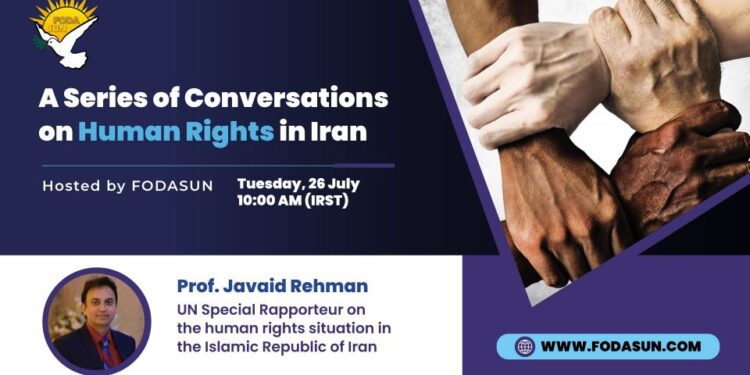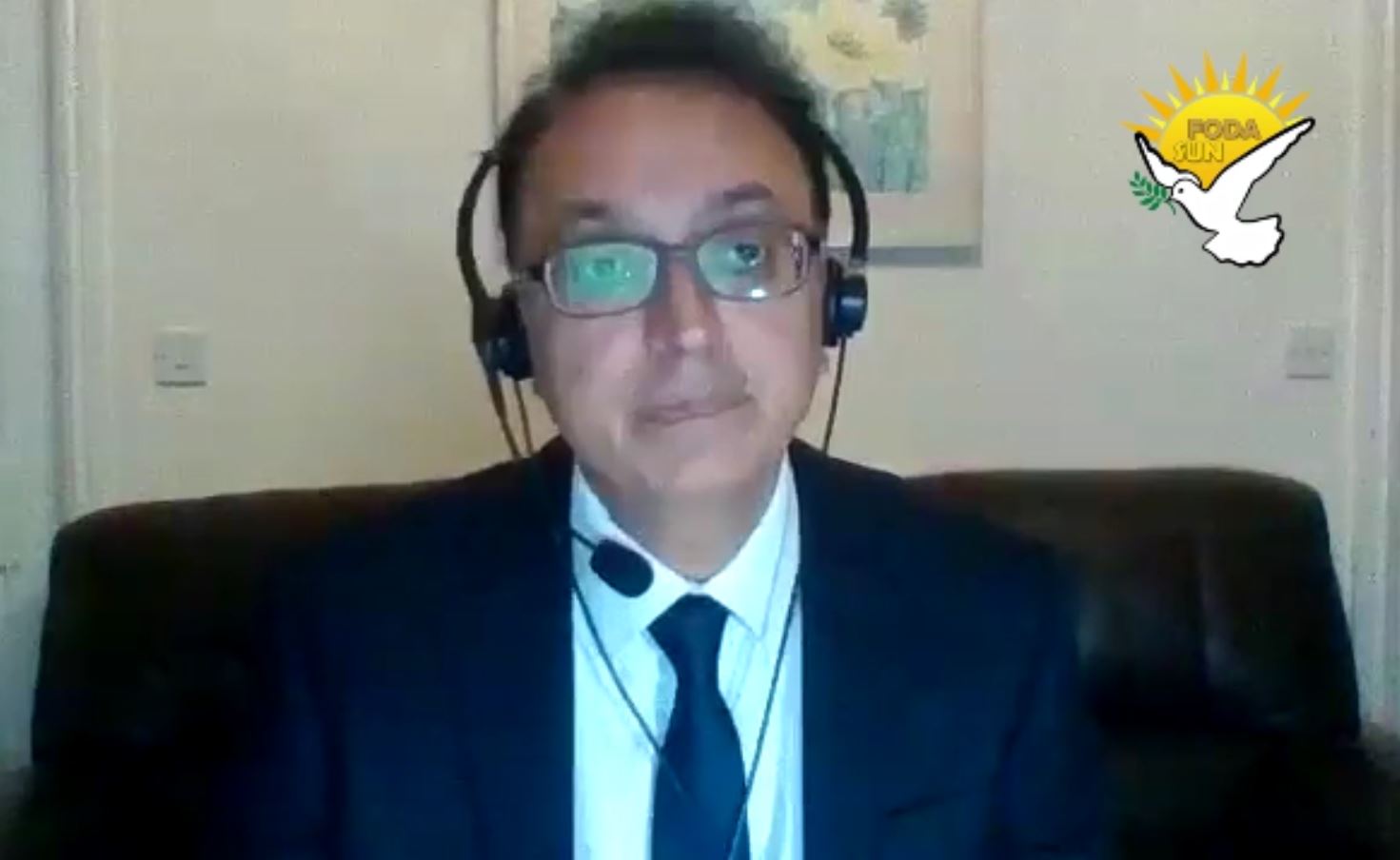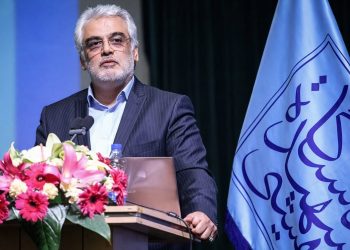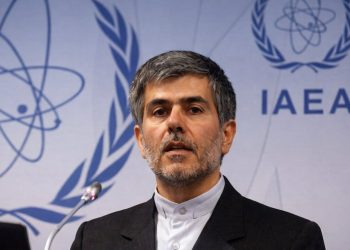
As the first of a series of conversations on human rights in Iran initiated by FODASUN with the aim of supporting and promoting human rights in the country, FODASUN organized an event with Prof. Javaid Rehman, UN Special Rapporteur on the situation of human rights in the I.R. of Iran on Tuesday, 26 July at 10:00 AM(IRST).
This is the text of the statements of the Special Rapporteur:
I would like to thank FODASUN for inviting me to this event.
I would like to start with a brief overview of my mandate. The mandate of the Special Rapporteur on the situation of human rights in the Islamic Republic of Iran is provided by the Human Rights Council of the United Nations. On the basis of this mandate, I report to both the Human Rights Council and the General Assembly each year, and I also raise individual cases and patterns of alleged human rights violations with the Government of Iran, often jointly with other Special Procedures mandate holders.
As with all Special Procedures mandates, whether thematic or country specific, my mandate is a platform to give victims, civil society actors and other interlocutors a channel to provide information concerning the human rights situation in Iran, including on individual cases, events, laws and policies. I have built relationships with civil society actors, who have given access to important information on human rights issues in Iran. This engagement allows me to provide constructive recommendations to the Government to improve human rights protection.
Providing these recommendations to the Government on human rights improvements is my main objective, aimed at ultimately strengthening the protection of human rights in Iran in line with international human rights standards. This includes highlighting areas of improvement in human rights as well as issues of concern to the Government. The dialogue with the Government is also an opportunity to present my recommendations for the Government’s consideration. While the Government of Iran has not provided me access to the country, I have met and discussed human rights concerns with Iran’s Permanent Representatives in Geneva and New York. The Government also provides comments on my reports and responds to communications I send throughout the year on human rights concerns. This engagement is important despite the challenges, and I hope it will continue and improve.
As I mentioned in the beginning, I present two reports annually on the human rights situation in Iran. The latest report was presented to the Human Rights Council in March 2022, and the next report will be presented to the General Assembly in October. My last report gives an overview of some of the key human rights challenges and concerns in Iran, together with recommendations at the end on the concrete steps that the State to bring its law, policy and practice into line with international standards. I will not enter into the specifics of these points in this presentation, but I refer you to my latest reports.
Instead, I will now move to making some general points about the implementation of human rights recommendations:
Strengthening human rights is a duty of all States and it is also an ongoing effort. For more than seventy years, the international community has sought to build on the adoption of the Universal Declaration on Human Rights, committing to treaties, conventions, and multilateral resolutions to advance human rights protections. Yet despite these agreed commitments, countries are falling short in their willingness to uphold human rights. This sometimes happens either through explicit or implicit opposition or a lack of capacity to implement their commitments.
In other words, the implementation of human rights law depends as a first step on the extent of the political will of States to comply with international standards. What is implementation?
Implementation encompasses a range of activities:
These include primarily activities to improve compliance by the states themselves such as enacting national laws or administrative practices to comply with human rights standards, strengthening the judiciary branch of government, educating the population, establishing national human rights institutions, improvement of minimum health standards, improving prison conditions, and increasing participation in government.
Generally, to implement international human rights standards, states must affirmatively incorporate them into domestic law. No country is perfect, and in most countries, one can find a gap between local realities and international standards. If international standards are fully incorporated or written into national legislation, it is easier for domestic courts and legal operators to apply them. However, even when international human rights treaties have not been formally incorporated into domestic law, national courts can use international human rights standards as guidance in interpreting national law.
Training and education in human rights is also of vital importance for the effective implementation of human rights at the domestic level. Most treaties require that states take actions to raise awareness about human rights, and be available in a form that can be understood by everybody. States must initiate information campaigns and public education programs on human rights at all levels in the judicial, law enforcement, social welfare and educational systems.
There are many factors that can provide opportunities for or obstacles to the domestic implementation of multilateral human rights commitments. These include whether human rights is positively included as part of domestic politics; the availability of regional mechanisms to challenge human rights abuses; resources to support in-country capacities, such as national human rights institutions and civil society; the collection and management of data to inform public policy; levels of diverse civil society engagement; mechanisms to seek justice and accountability for abuses; communications processes on human rights obligations across government departments; and the level of gender-responsive policies.
States could seek to address these obstacles and leverage opportunities by focusing on greater information sharing, awareness raising, and communication; increased efficacy of existing tools, mechanisms, and resources; adequate funding; improved training and capacity building; and enhanced data and reporting.
When a State fails to implement these commitments either through a lack of implementation or support, they erode trust in their own institutions, and may undermine efforts to advance further protections on human rights. For these reasons, it is important that governments communicate what commitments have been made and why they have been made. Governments need to listen to those whose rights are being ignored or abused and make room for more individuals at the table when considering their approach to human rights resolutions and domestic implementation. That will support efforts to push back against regressive approaches to human rights, and continue to build trust in democratic institutions.
International human rights mechanisms, such as treaty bodies, UPR, and special procedures are created to assist States in highlighting the gaps and to identify which steps can be taken to improve implementation and compliance with international standards.
Implementation of UN recommendations is ultimately the responsibility of States. However, effective follow-up by civil society is vital to ensuring that these UN recommendations are implemented and lead to an improvement of the human rights situation on the ground.
As human rights defenders well know, external pressure and expert guidance is sometimes required before States will act in accordance with their human rights obligations. The non-binding nature of UN recommendations and the lack of international enforcement mechanisms mean that NGOs play a vital role in following up on recommendations.






